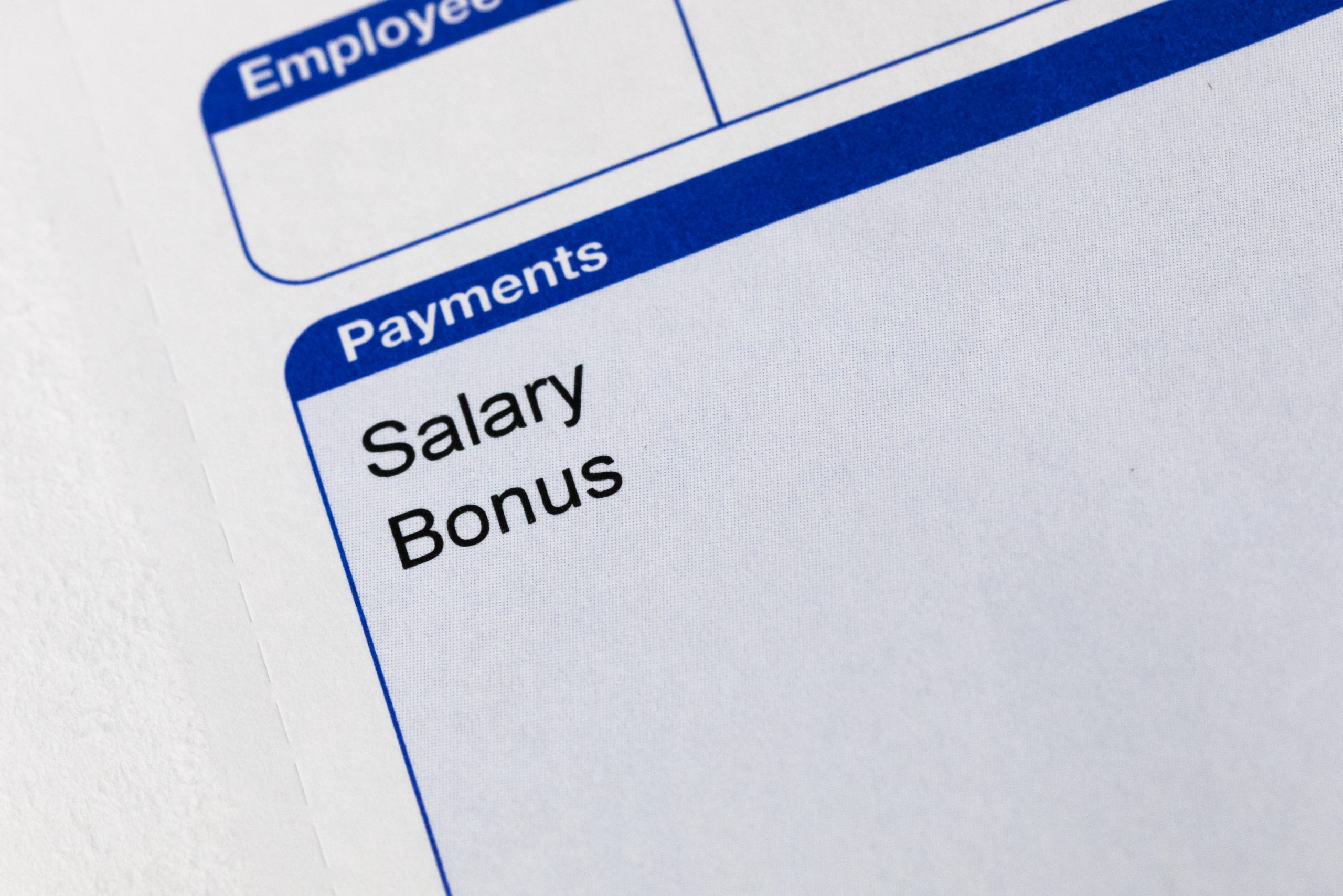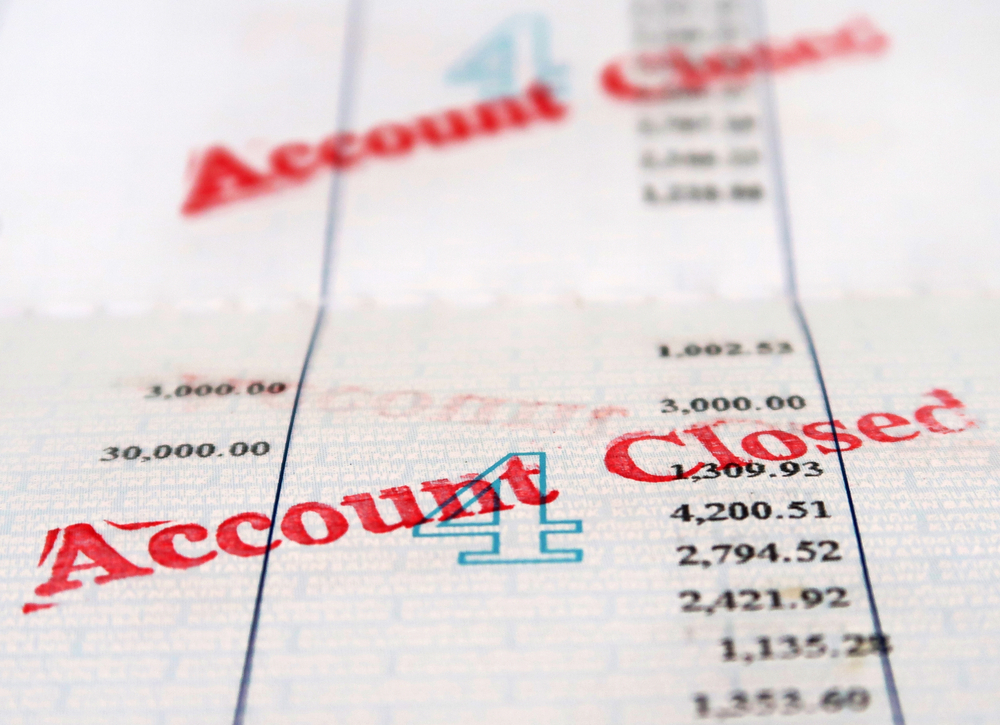Only a fifth of parents understand how taxes work on children's savings interest, an investment firm reveals.
The same number of parents thought the interest on their child’s savings account always came without any tax, meaning many could face a surprise bill on their investment.
This knowledge gap increased among adults without children too, as 66% of the 2,000 respondents surveyed by AJ Bell didn’t know if the tax was free or not.
Once more than £100 is earned in interest on a child’s savings account from money gifted by parents, the amount is taxed as if it is the parent’s funds.
This is so parents can’t stash their investments in their child’s name to avoid paying taxes.
When the £100 limit in interest on a child’s savings account is reached, the amount is considered to be the parent’s and counted towards their personal savings allowance (PSA). For basic-rate taxpayers, the limit before any tax needs to be paid on interest is £1,000, whereas those in a higher tax band have just £500 PSA.
Personal savings allowance ‘should be raised’
If the amount earned in interest on both a parent’s and their child’s account exceeds that limit, a tax bill from HMRC will be on its way. The amount will be paid at the account holders’ income tax rate.
This wouldn’t be an issue when interest rates were paying considerably lower, but now many of the best easy-access accounts are offering in the region of 5% or higher.
So, there are calls for a simplification of ISA taxes and an increase in basic-rate taxpayers’ PSA, so savers do not receive any nasty surprises on their investments.
Laura Suter, director of personal finance at AJ Bell, said: “Parents are unknowingly sleepwalking into a surprise tax bill as they aren’t aware they could be taxed for their children’s savings. Just a fifth of parents correctly identified that they might face a tax bill for savings under their child’s name that is not in an ISA account.
“Half of parents had no idea how tax worked when it came to the interest earned on their children’s savings. Equally worryingly, a fifth of parents thought that any interest from their child’s savings account was tax-free – which is not the case.”
The director provided three ways for parents to dodge a surprise tax bill.
How to beat the tax hit
- Get family and friends involved: One way around this pesky tax rule is getting friends or family to contribute to the accounts instead. The £100 limit only applies to money given to the child by parents, so any money paid into the accounts by grandparents, other family, or friends doesn’t count towards the limit.
- Gift from both parents: The limit is £100 per parent, per child. If each parent has an account in their name, they should ensure they are making equal payments to their children, rather than one parent making all the transfers to their child’s savings account – as they could hit the tax limit far quicker. If they have a joint account, the money will be assumed as coming 50:50 from each parent.
- Use an ISA: The other option is using ISAs, as interest earned on ISA accounts isn’t taxable. You can pay up to £9,000 per child into a Junior ISA each tax year, which means anyone who has built up decent savings outside an ISA can transfer up to that amount each year.
Tax charge on your child’s savings after PSA reached (based on 5.25% interest rate)
| Child’s savings pot | Interest earned | Tax cost – basic rate | Tax cost – higher rate |
| £3,000 | £158 | £32 | £63 |
| £5,000 | £263 | £53 | £105 |
| £10,000 | £525 | £105 | £210 |
| £20,000 | £1,050 | £210 | £420 |
Source (AJ Bell using Moneyfacts data)





